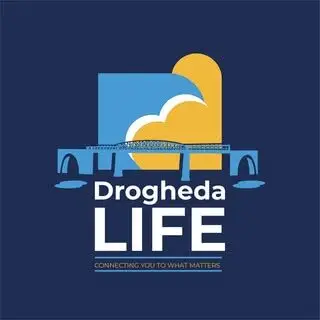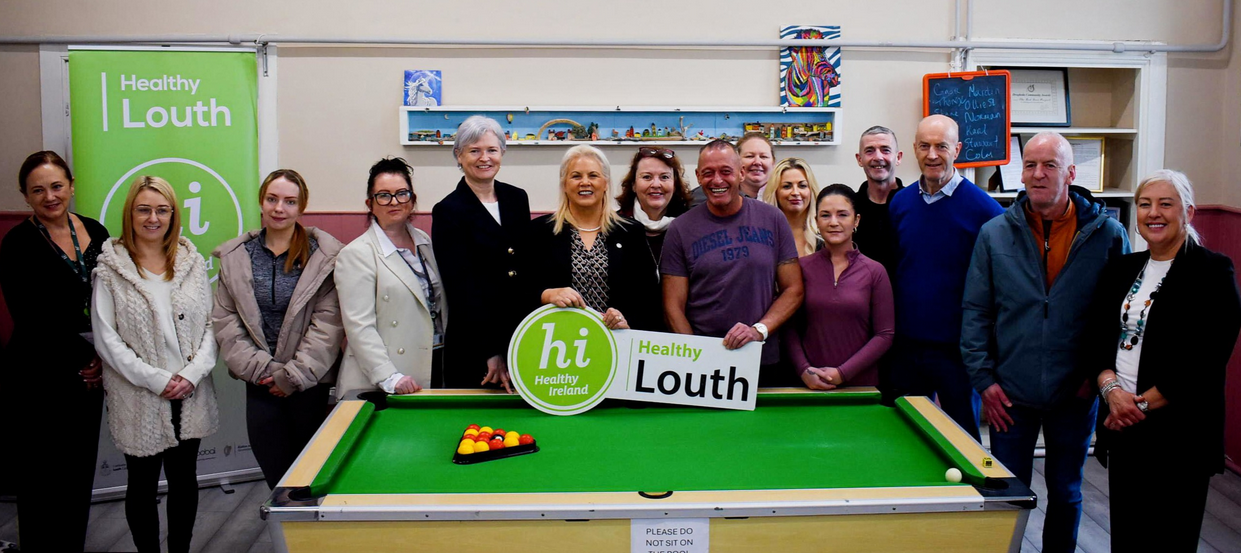Drogheda and Dundalk’s inclusion in the Government’s Living Cities Initiative, alongside a permanent VAT reduction for small businesses and record investment in special education, has been hailed as a transformative Budget 2026 for County Louth.
Local representatives say the measures will breathe new life into town centres, strengthen small business recovery, and deliver real progress on inclusion and education.
“A huge win for Louth” – Paula Butterly TD on Living Cities Initiative
Louth Fine Gael TD and Regional Spokesperson Paula Butterly has warmly welcomed the inclusion of Dundalk and Drogheda in the Government’s Living Cities Initiative, describing it as “a huge win for Louth.”
“This is a major step forward for urban regeneration in our county. I’ve consistently called for Dundalk and Drogheda to be included in the Living Cities Initiative, and I’m delighted that the Government has listened,” she said.
“These new measures will help tackle dereliction and vacancy, support local investment, and bring people back to live in our town centres.”
The scheme, which provides targeted tax incentives to encourage investment and bring vacant or underused buildings back into use, has been extended until 2030 and expanded to cover properties built before 1975. It will now also support the conversion of “over-the-shop” premises for residential use, helping to revitalise older urban areas.
Deputy Butterly said the initiative represents “a once-in-a-generation opportunity” to transform Louth’s urban landscape.
“We now have the right incentives and investment framework to turn derelict and vacant properties into vibrant homes and businesses,” she said. “Tackling dereliction isn’t just about restoring buildings — it’s about restoring community pride, safety, and vitality. Every vacant site is an opportunity to strengthen our towns.”
She added that she will continue to press for further Urban Regeneration and Development Fund (URDF) allocations to complement the Living Cities supports.
“This is the time to seize the opportunity. With the Living Cities Initiative now extended and expanded, Louth can lead the way in delivering real, lasting town centre renewal,” said Deputy Butterly.
“Government must now plan properly for Drogheda” – Joanna Byrne TD
Louth/East Meath Sinn Féin TD Joanna Byrne said the expansion of the Living City Initiative to Drogheda and Dundalk is a positive move — but stressed that it must be followed by proper planning and investment.
“When the Living Cities Initiative was introduced in 2014, Kilkenny as a designated city was included. But both Drogheda and Dundalk, which had larger populations and faster rates of population growth, were inexplicably left out,” said Deputy Byrne.
She highlighted that Drogheda has now surpassed many Irish cities in scale.
“According to the Drogheda City Status Group, Drogheda has already surpassed many Irish cities in population. Census 2022 shows the local electoral area stretching from Donacarney to Tullyallen has a population of 55,640 — and when Laytown and Bettystown are included, the figure rises to nearly 67,000, larger than Waterford city,” she said.
“But even with this information readily available, the government did not act upon it to plan or provide for Drogheda adequately.”
Deputy Byrne also called for other key schemes to be expanded to include Drogheda and Dundalk, such as the Croí Cónaithe (Cities) Scheme, which currently excludes both.
“We have a long way to go and a lot of work to do to ensure Drogheda and Dundalk are properly provided for,” she concluded.
Permanent VAT Cut to 9% for SMEs
Deputy Butterly also welcomed Budget 2026’s decision to make the 9% VAT rate permanent for small businesses — a move she says will “protect jobs and improve cashflow” for restaurants, cafés, and hairdressers in Louth who have been facing growing financial pressures.
“This VAT reduction is a strong statement of confidence in our small and medium enterprises, which form the backbone of our economy,” she said.
“This permanent cut provides long-term certainty for local businesses and the communities they serve. It will make it easier for them to grow, stay competitive, and create more jobs.”
She added that the measure will be “felt on the ground” by family-run shops, cafés, trades, and service providers across the county.
“These businesses employ 191,000 people, with 75% of them employing fewer than ten staff. This gives them the breathing space to reinvest, innovate, and expand,” she said.
“At a time of global economic uncertainty, the protection of our local economies and local workforce must remain our priority.”
Record Education Investment Welcomed
Deputy Butterly also highlighted the record investment in education and special needs supports announced in Budget 2026, calling it “a significant step forward in supporting every child to reach their full potential.”
The Budget provides for:
- 1,717 additional Special Needs Assistants (SNAs) — bringing the total to almost 24,900, the highest ever in the Irish education system.
- 1,042 additional teaching posts, including 860 Special Education Teachers (SETs).
- 2,800 new school places in special schools and special classes for the 2026/27 school year.
- Increases in capitation rates to help schools meet day-to-day running costs.
“This Budget builds on years of investment in special education and delivers real, practical support where it’s needed most — in classrooms and school communities across the country,” Deputy Butterly said.
“Every additional SNA, every special education teacher, and every new school place means more children getting the help and opportunities they deserve.”
She added that the increase in capitation rates is a “meaningful boost for schools,” helping to cover rising running costs such as heating, insurance, and materials.
“This is an investment in our young people and in our future,” she said. “The record number of SNAs and special education teachers shows our commitment to ensuring every child — no matter their needs or background — can thrive in a supportive, inclusive school environment.”
Local perspective – Cllr Ejiro O’Hare Stratton
Fine Gael Councillor Ejiro O’Hare Stratton said the VAT cut will be a “lifeline” for small business owners across Drogheda and beyond.
“It gives small operators the chance to focus on recovery, not survival. This is a measure that will be felt in every coffee shop, salon, and restaurant in Louth,” she said.
Looking Ahead
With Drogheda and Dundalk now recognised under the Living City Initiative, and long-term supports secured for small enterprises and schools, local representatives say Budget 2026 lays the foundation for a stronger, fairer, and more sustainable Louth — but warn that delivery and proper planning must follow.





